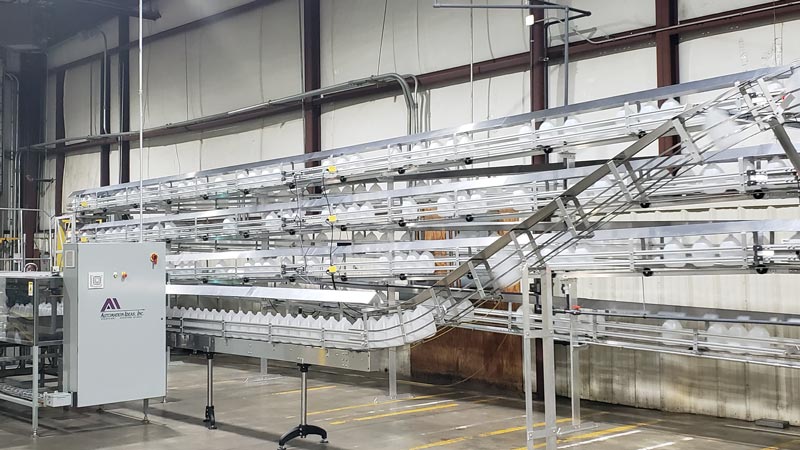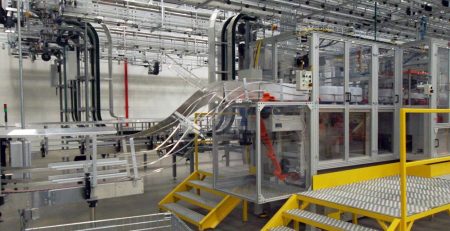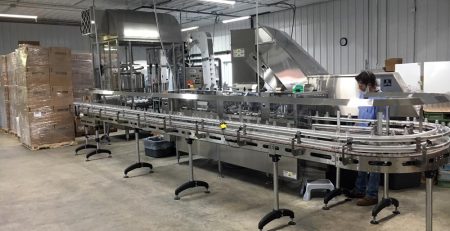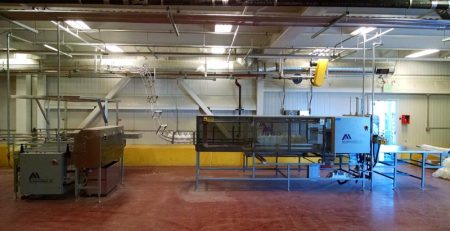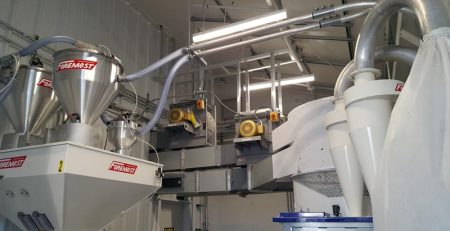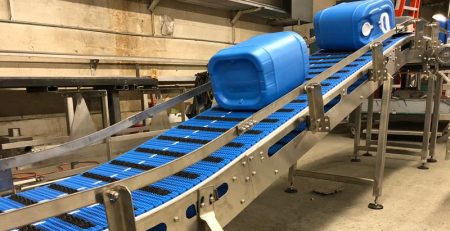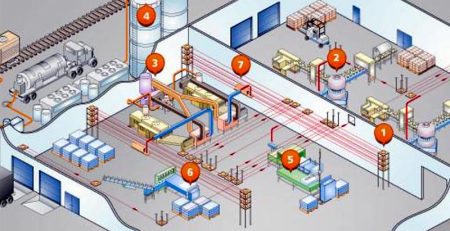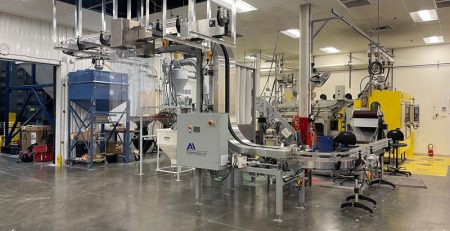In the fast-paced world of modern manufacturing and logistics, the efficient movement of goods and materials within a facility is essential for productivity and competitiveness. Among the various methods of material handling, cable conveyors have emerged as a game-changer when it comes to transporting containers throughout a facility. These versatile systems provide numerous benefits that enhance efficiency, safety, and cost-effectiveness. In this article, we will explore the world of cable conveyors and how they revolutionize container transportation within industrial and settings.
Understanding Cable Conveyors
Cable conveyors, often referred to as cable-driven systems or cable-driven conveyors, are a type of material handling system that uses cables or ropes to transport containers and goods from one location to another within a facility. These conveyors can be customized to suit the specific needs of different industries and applications, making them highly versatile and adaptable.
Key Components of Cable Conveyors
- Cables or Ropes: The primary element of a cable conveyor system is, of course, the cables or ropes themselves. These cables are typically made from durable materials like steel or synthetic fibers, ensuring longevity and reliability.
- Drive Units: Drive units, which are strategically placed along the conveyor route, are responsible for moving the cables and, consequently, the containers. They provide the necessary power and control for the conveyor system.
- Carriers or Trolleys: Containers or materials are placed on carriers or trolleys that are connected to the cables. These carriers are designed to securely hold the items being transported.
- Support Structures: Support structures, such as towers, gantries, and columns, provide stability and elevation to the cable conveyor system. They are essential for navigating varying terrain and elevations within a facility.
Benefits of Cable Conveyors for Container Transportation
- High Throughput and Speed: Cable conveyors are renowned for their ability to transport containers quickly and efficiently. They can achieve high speeds, making them ideal for facilities that require rapid movement of goods, such as distribution centers and manufacturing plants.
- Versatility: These conveyors are incredibly versatile, as they can transport a wide range of container types and sizes. Whether you are moving small packages, bulk materials, or irregularly shaped items, cable conveyors can be tailored to suit your needs.
- Space Efficiency: Cable conveyors can navigate tight spaces and complex layouts, allowing for optimal space utilization within a facility. This is particularly valuable in warehouses and manufacturing plants where space is often at a premium.
- Reduced Labor Costs: Automation is a key advantage of cable conveyors. By eliminating the need for manual labor in material transportation, businesses can reduce labor costs and minimize the risk of workplace injuries.
- Energy Efficiency: Compared to traditional conveyor systems, cable conveyors are often more energy-efficient. They require less power to operate, making them a greener option for businesses focused on sustainability.
- Customization: Cable conveyors can be customized to meet specific operational requirements. They can be designed to accommodate varying load capacities, inclines, and distances, ensuring they are a suitable solution for a wide range of applications.
- Enhanced Safety: Safety is a top priority in any industrial setting. Cable conveyor systems are equipped with safety features such as emergency stop mechanisms and sensors that can detect obstructions or malfunctions, reducing the risk of accidents.
- Reduced Maintenance: Cable conveyors are known for their durability and low maintenance requirements. With proper care and regular inspections, these systems can operate reliably for many years, minimizing downtime and repair costs.
Applications of Cable Conveyors in Various Industries
Cable conveyors find applications in a variety of industries, revolutionizing container transportation in each of them:
- Manufacturing: In manufacturing plants, cable conveyors efficiently transport raw materials, components, and finished products between different stages of the production process. Their speed and adaptability help streamline manufacturing operations.
- Distribution and Warehousing: Cable conveyors are used in distribution centers and warehouses to move containers and packages from storage to shipping areas, ensuring prompt order fulfillment and reducing handling time.
- Mining and Construction: In rugged environments like mines and construction sites, cable conveyors are used to transport bulk materials such as ore, gravel, and concrete, improving operational efficiency and safety.
- Agriculture: In agriculture, cable conveyors are employed to move crops, livestock feed, and equipment within farming facilities. They minimize manual labor and enhance farm productivity.
- Airport Baggage Handling: At airports, cable conveyors are employed in baggage handling systems to transport travelers’ luggage quickly and accurately from check-in counters to the aircraft.
Cable Conveyors from Automation Ideas
Cable conveyors have transformed the way containers and materials are transported within industrial and commercial facilities. Their adaptability, efficiency, and versatility make them a valuable asset for businesses seeking to optimize their material handling processes. As continues to advance, cable conveyor systems are likely to play an increasingly prominent role in the modernization of various industries, further enhancing productivity and competitiveness. In an ever-evolving world of logistics and manufacturing, cable conveyors are undoubtedly a beacon of innovation and efficiency.
If you are interested in our cable conveyor systems, or would like to learn more about any of our other conveyors, please contact us here or give our dedicated support team a call at (616) 874-4041.

